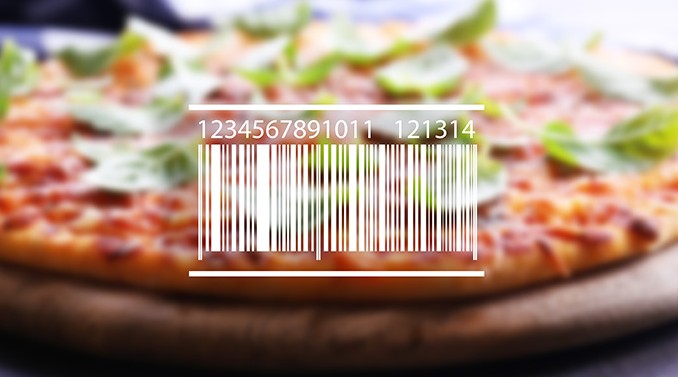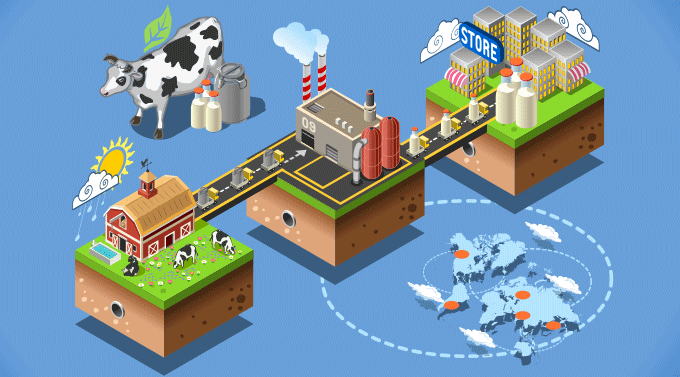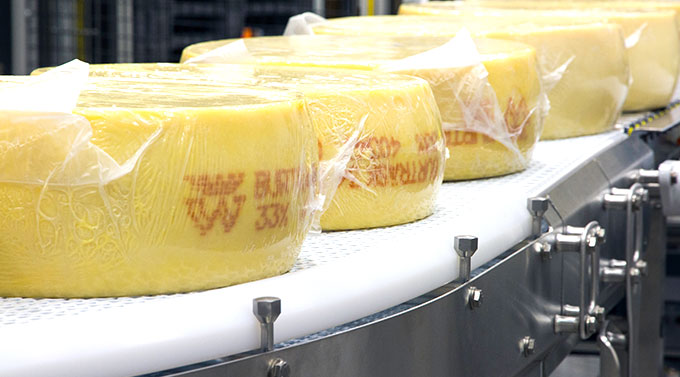
Today, we produce more food than ever before. Due to globalization, there is also the need to transport the food from one corner of the world to another. International food trade brings many challenges to the table, not least for food manufacturers that constantly face high demands for food safety and traceability. In this blog article, I will talk about traceability and why it is so crucial to food manufacturers.
Tracing the product back to its original constituent parts
First of all, let us sort out what traceability is. Traceability is the ability to mark a product with a unique code that allows the supplier or consumer to trace the product back to its original constituent parts in the event of a manufacturing or contamination issue. In the food industry, it may involve which animals were used in a slaughterhouse for meat production, or which batch of raw material grain was used in bread production.
The importance of traceability in the food and beverage industry

The incentives to guarantee product safety, quality and packaging integrity, is crucial in the food and beverage industry. If the right procedures are not followed, it may lead to infections and contamination in the food, and, worst case, put the consumers’ health at risk. The manufacturer runs the risk of damaging the brand and incurring extensive product recall costs including logistics, product disposal, consumer complaints, and possible lawsuits. The effects of a deficiency in traceability are severe and can be catastrophic for the consumers but also the manufacturer.
The ability to trace all input back to a final product and rapidly identify work-in-process inventory and finished or sold goods in the event of a product recall, help to avoid potential damage to the brand or a loss of reputation in the eyes of the consumer. Traceability helps to minimize the impact of such product recalls by ensuring rapid and accurate response to any product issues.
Technology used in traceability solutions for the food industry

Typical technologies in food manufacturing are 2D barcodes, vision systems, and image-based ID readers, which are key components in a database process for traceability. Data matrix and QR codes have been adopted in many applications allowing the storage of much more information than in a 2D barcode, such as manufacturer, product ID, lot number, expiry date, and a unique product identifier. Also, Radio-frequency Identification (RFID) is a code-carrying technology that can be used in place of a barcode. The RFID-technology was earlier inhibited by cost limitations, but the usage is now increasing.
With technology such as 2D barcodes, it is also much easier for consumers now than previously to trace the origins of their purchased products via websites, or by taking a picture of a 2D barcode using their smartphones to open up a website that verifies the product.
Traceability improves the manufacturing process and cuts costs
Many food manufacturers are beginning to realize the importance of building an automated manufacturing IT setup to enable traceability in their manufacturing process. This is not only to meet guidelines laid down in legislation by the European Food Safety Authority (EFSA) and U.S. Food and Drug Administration (FDA) as part of the food safety modernization act, but also to improve their manufacturing process and cut costs. Traceability also engages some anti-counterfeiting measures on products to prove its manufacturing process and make product copies difficult to supply.
FlexLink’s production systems meet the higher standards for food safety

FlexLink provides automated production flow solutions that meet the higher standards for food safety and has the ability to employ the use of traceability. We have vast experience of traceability projects for the food and beverage industry as well as other industries with similar demands on traceability and safety. FlexLink’s approach to food production emphasizes strongly on reducing risks of contamination from the beginning. Our systems are easy to clean and, naturally, follow both EHEDG and 3-A SSI recommendations for design and best practices to keep bacteria, pathogens and other contaminants out, thus lengthening the shelf life of your products.
Would you like to know more about FlexLink’s automated production flow solutions for the food industry? You are always welcome to contact us or visit our website. To never miss out on any of our blog posts, keep an eye out on this Blog where we share our knowledge in industrial automation and production efficiency.








Great work Danny!!